For almost three decades, June has been recognized as National Safety Month. This period is dedicated to raising awareness about preventable injuries and emphasizing safety measures. By 2025, technology plays a significant role in this initiative. The top Android smartphones come equipped with personal safety features and tools, some of which you might not be aware of.
When selecting a flagship Android device, most consumers are likely to consider the Samsung Galaxy S25 series, the Google Pixel 9 lineup, and the OnePlus 13. Each phone offers unique personal safety features in addition to the standard options available in Android. The personal safety capabilities available will vary based on your choice of device.
In celebration of National Safety Month, we will explore the personal safety tools offered by these popular smartphones.
Samsung Galaxy S25 series
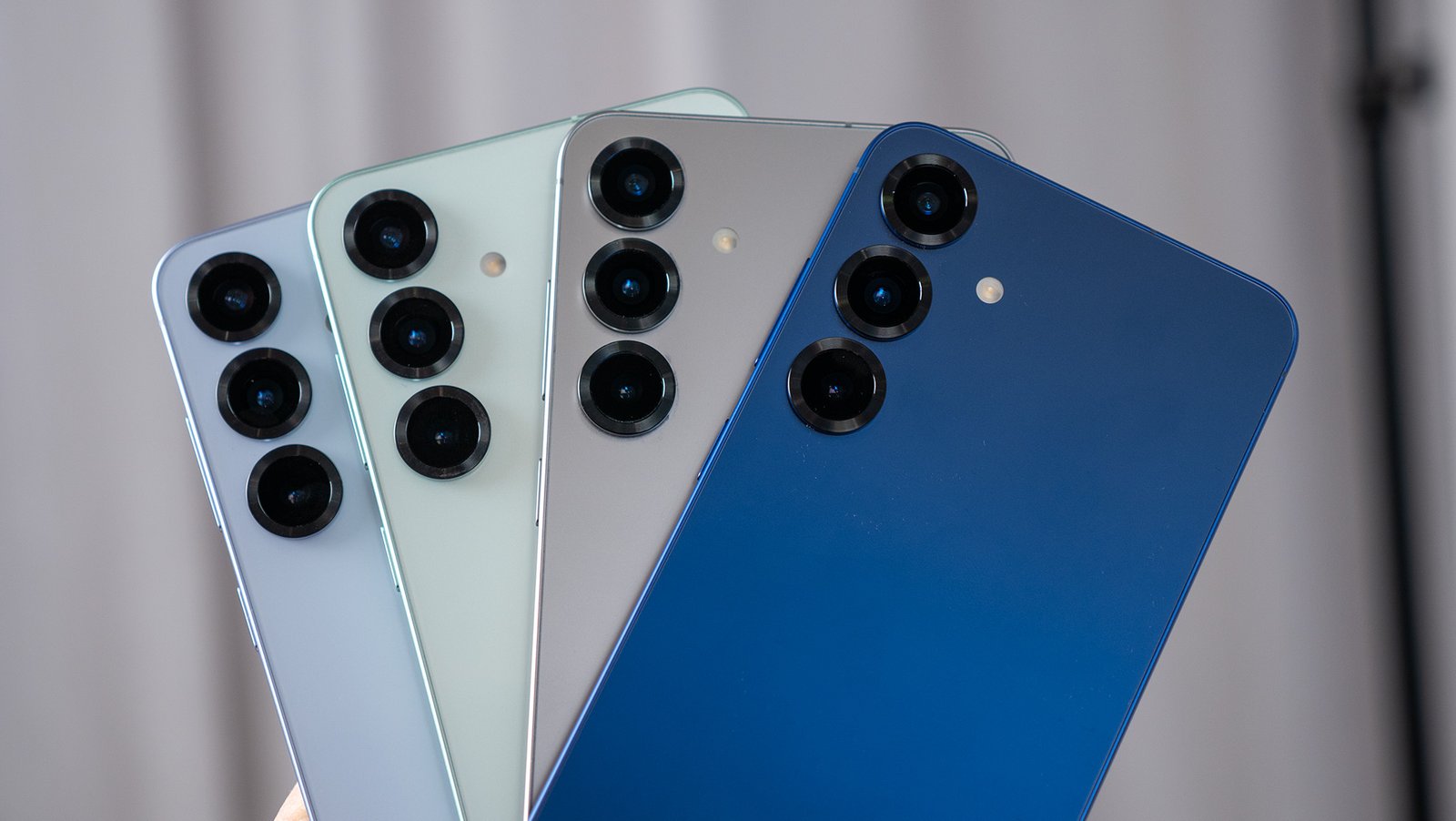
The Samsung Galaxy S25 series offers a commendable range of personal safety features, yet it also signifies untapped potential. It includes a car crash detection sensor that is currently unused and a satellite connectivity feature that depends on carriers rather than being universal.
These smartphones come with an Emergency SOS feature to seek help in urgent situations. After setup, pressing the power button three or four times will activate Emergency SOS, sending a message with your location in both address and map form to your emergency contacts.
The Galaxy S25 enhances the standard Emergency SOS by allowing you to set it up to automatically take photos with both the front and rear cameras and to send and record a five-second audio clip as well. This could offer essential context to your emergency contacts and first responders.
In addition to Emergency SOS, your Galaxy S25 supports medical info accessible from the lock screen and wireless emergency alerts. It can also utilize satellite connectivity if you have Verizon service.
You can explore all available options by accessing the Settings app and heading to Safety & emergency. This section allows you to configure Emergency SOS, medical information, and much more.
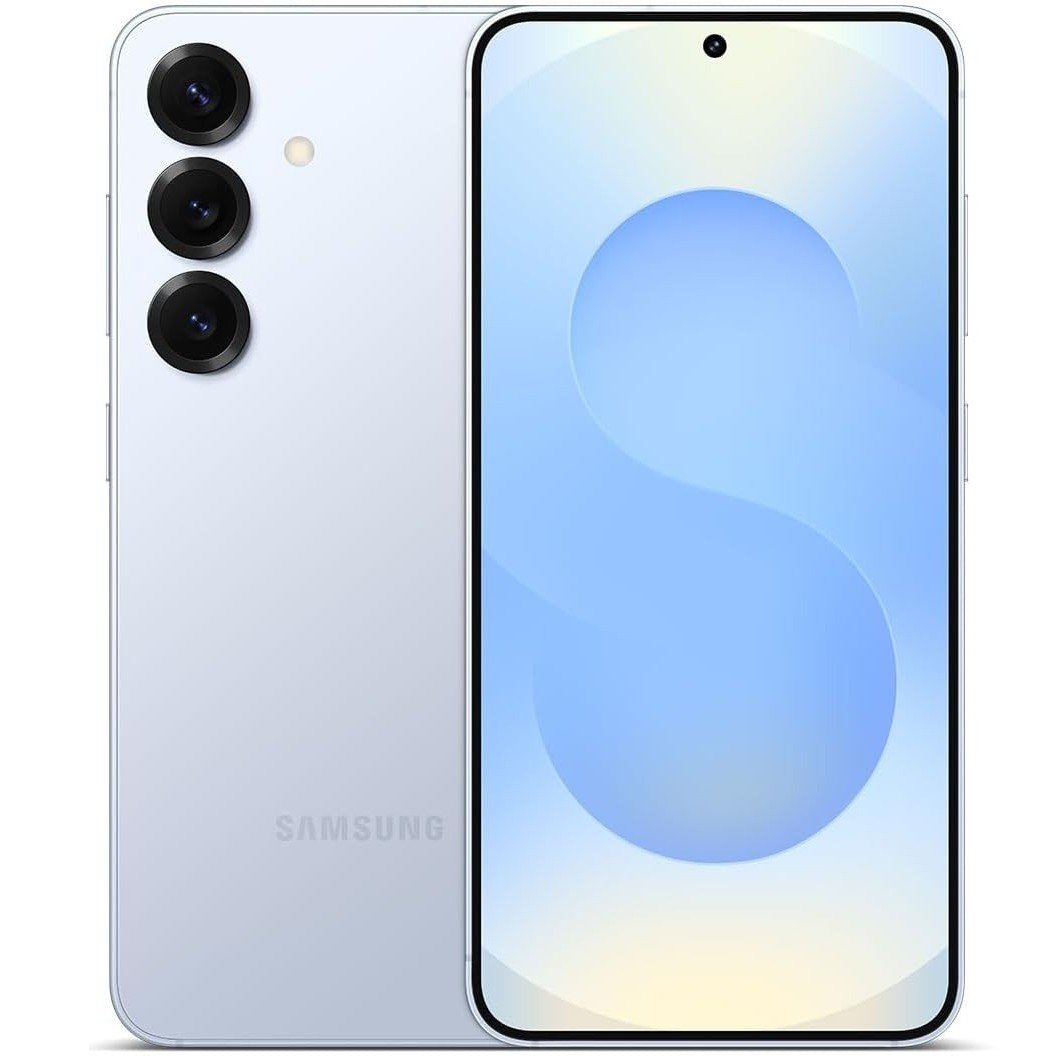
A solid choice for safety
The Samsung Galaxy S25 provides access to essential Android safety features, along with the ability to utilize satellite connectivity if you’re on the appropriate network. However, its features aren’t as extensive as those offered by Google and Apple.
Google Pixel 9 series
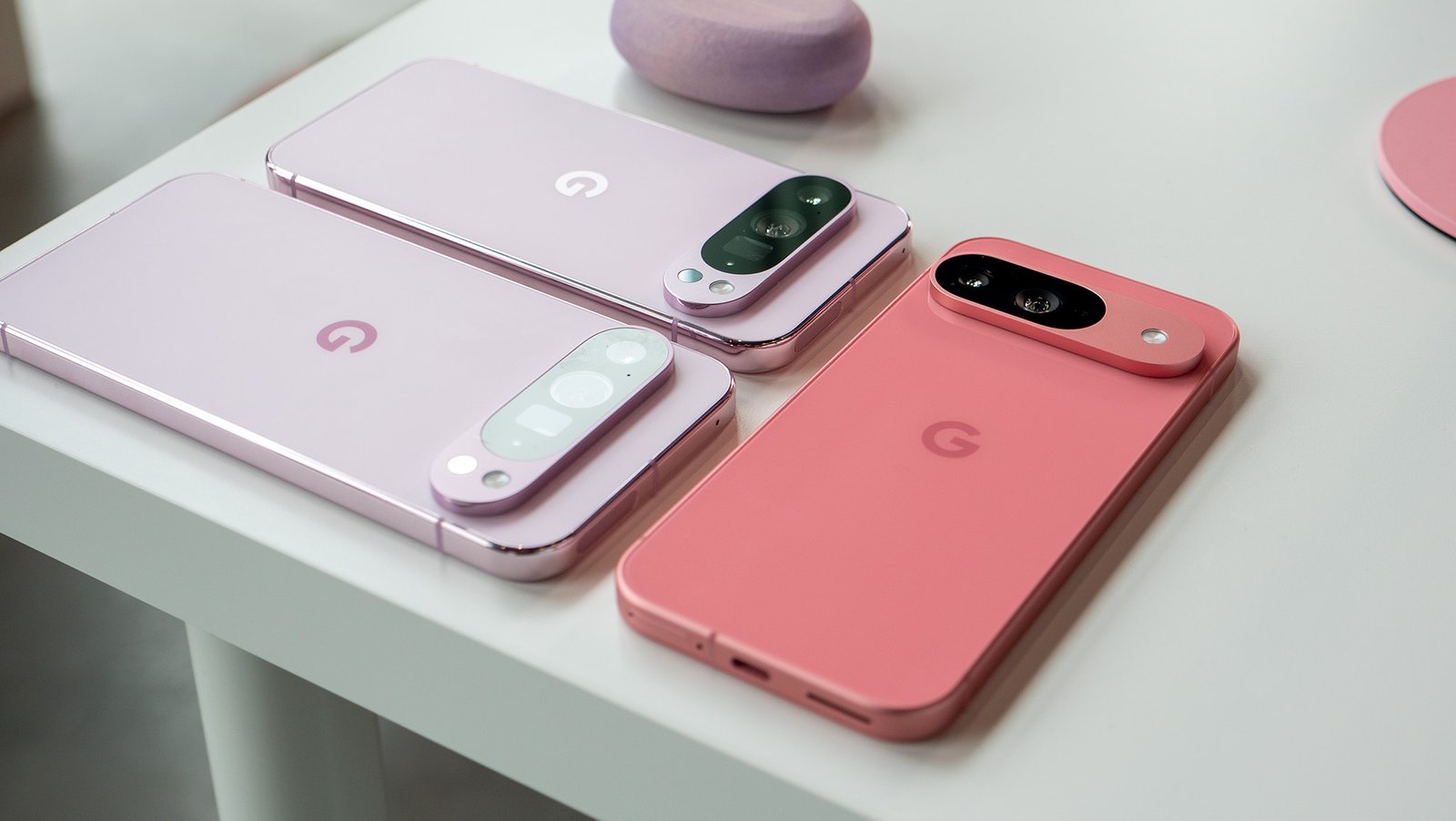
The Google Pixel series is recognized for providing exclusive features, especially concerning personal safety, and the Pixel 9 series exemplifies this with its own Personal Safety app. This app allows users to access and control available safety tools, including Car Crash Detection, Satellite SOS, and Safety Check.
Satellite SOS operates similarly to Emergency SOS on other Android devices, but with the advantage of free satellite connectivity included by Google. Unlike the Galaxy S25, which requires a supported carrier for satellite service, Satellite SOS is built directly into the Pixel 9 lineup. This means if you find yourself out of cellular range, your phone can access a satellite to reach emergency services.
You can test Satellite SOS without risk by utilizing the demo mode. Simply navigate to Settings > Safety & emergency > Satellite SOS and follow the on-screen instructions to try it out.
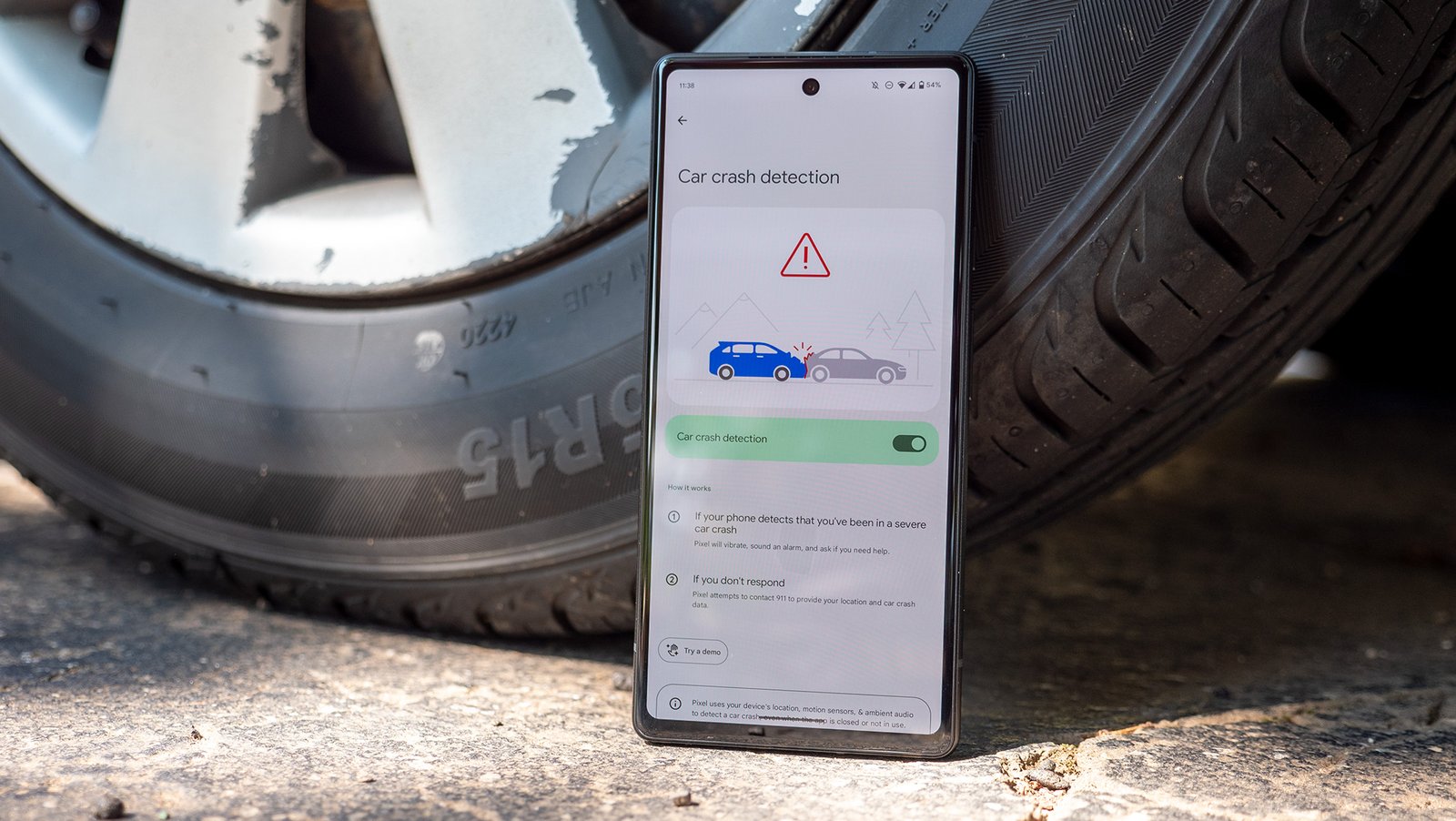
Additionally, the Pixel 9 includes Car Crash Detection, which analyzes data from sensors and algorithms to determine if you’ve been in an accident. If a crash is detected, you’ll have about a minute to confirm your safety or request help. Failing to respond will automatically alert emergency services on your behalf. Further details about Car Crash Detection and its setup can be found here.
The Personal Safety app offers additional features, including Safety Check, which periodically checks to ensure your safety while walking, jogging, or traveling. You can also configure medical information on your Pixel and enable wireless emergency alerts.
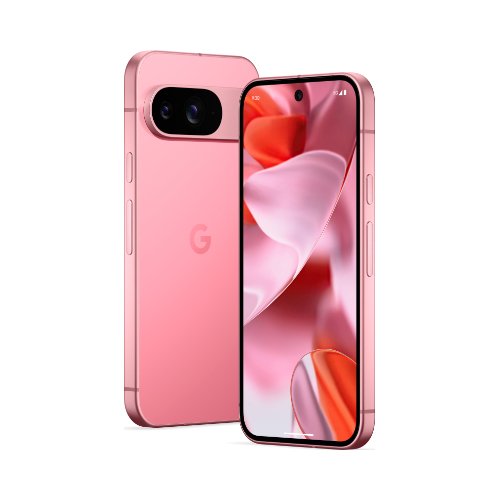
The ultimate personal safety package
The Google Pixel 9 stands out with its comprehensive suite of personal safety features on Android, offering tools such as Emergency SOS, satellite connectivity, Car Crash Detection, and much more.
OnePlus 13
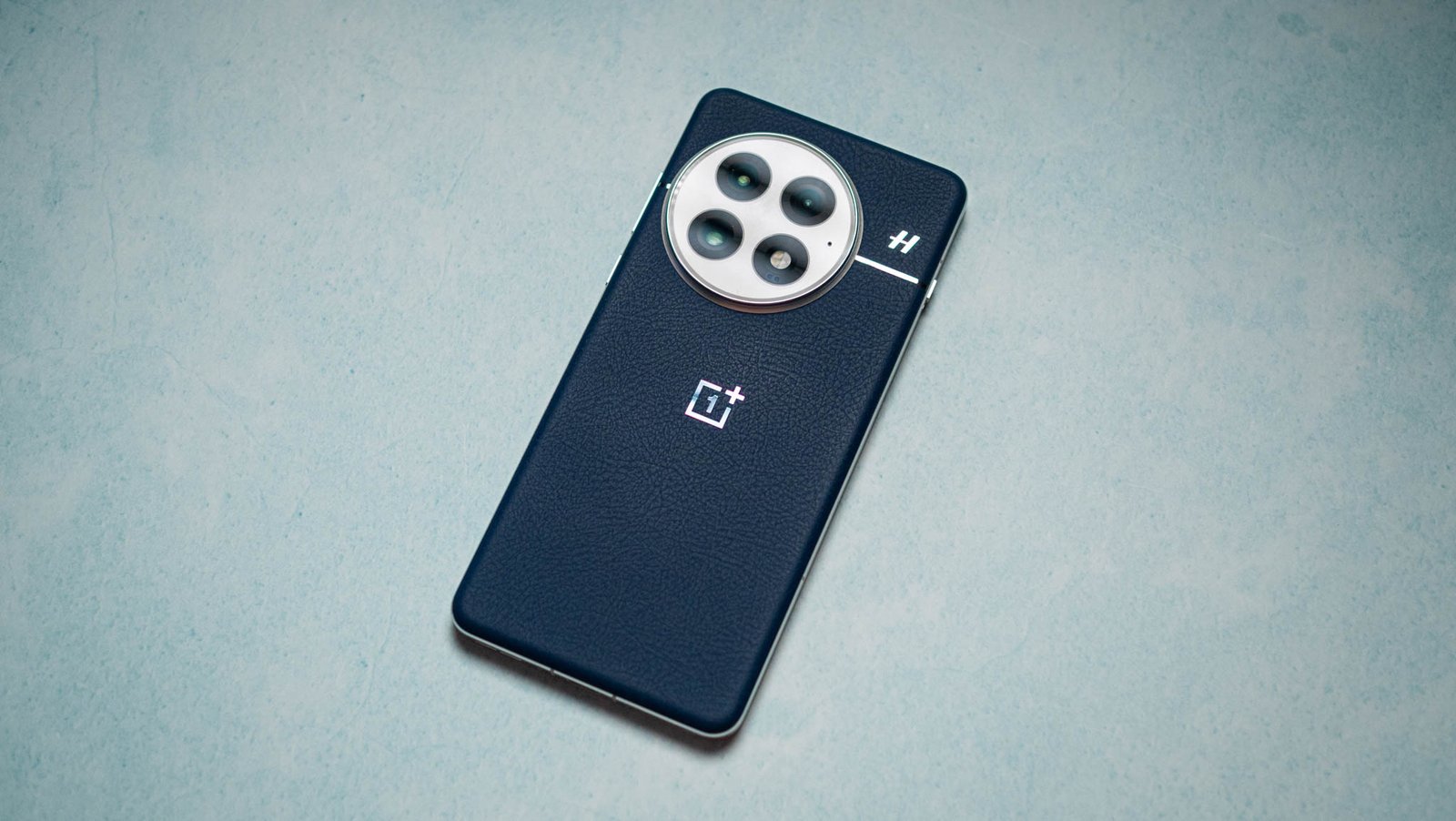
The OnePlus 13 provides a limited selection of personal safety features compared to what Samsung and Google offer. It includes an Emergency SOS option that can be accessed from the lock screen by swiping up and tapping the Emergency SOS button for quick access. Additionally, you can configure emergency contacts by navigating to Settings > Safety & Emergency > Emergency Contacts.
Although the OnePlus 13 possesses the hardware capable of supporting satellite connectivity via the Qualcomm Snapdragon X80 5G, it currently does not provide this feature. Therefore, the Pixel 9 and the Galaxy S25 are more viable options for assistance in situations where cellular service is unavailable.
Moreover, the OnePlus 13 includes basic functionalities like wireless emergency alerts and medical information, though the available personal safety features are rather limited.
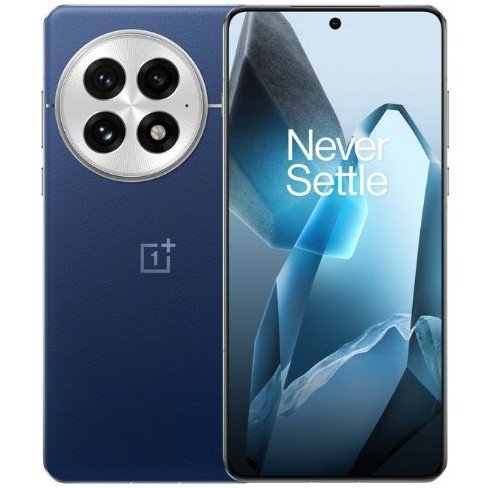
A cost-effective flagship
The OnePlus 13 presents a formidable value when compared to premium devices like the Samsung Galaxy S25 Ultra, but its safety features fall short. You have access to Emergency SOS, wireless emergency alerts, and medical ID, but little more.
Should you select a smartphone based on its personal safety capabilities?
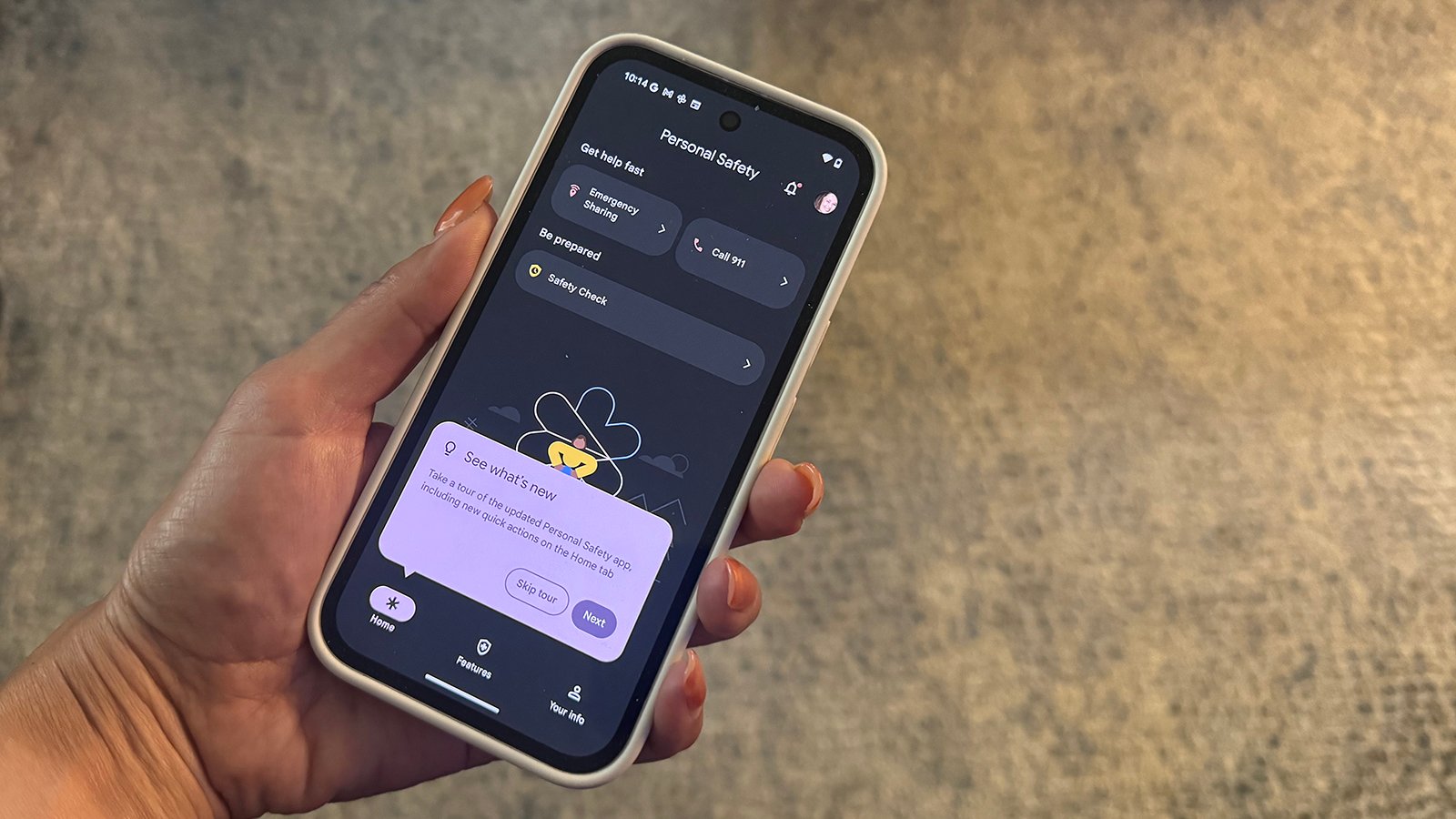
In general, modern Android devices come equipped with foundational personal safety features, including Emergency SOS, medical information, and wireless emergency alerts. Some phones enhance these capabilities, like the Galaxy S25 with photo and audio recording through Emergency SOS, or the Pixel 9 with Car Crash Detection, Satellite SOS, and Safety Check.
It might not be necessary to choose a smartphone solely based on its personal safety features. However, there are notable exceptions. For instance, those who frequently hike or run in areas with limited cell service should prioritize a device with satellite connectivity. Similarly, a professional driver covering extensive miles might consider Car Crash Detection essential.
Reflecting on your personal habits and requirements before making a decision is advised, particularly considering that the best smartwatches also feature unique personal safety functionalities.
